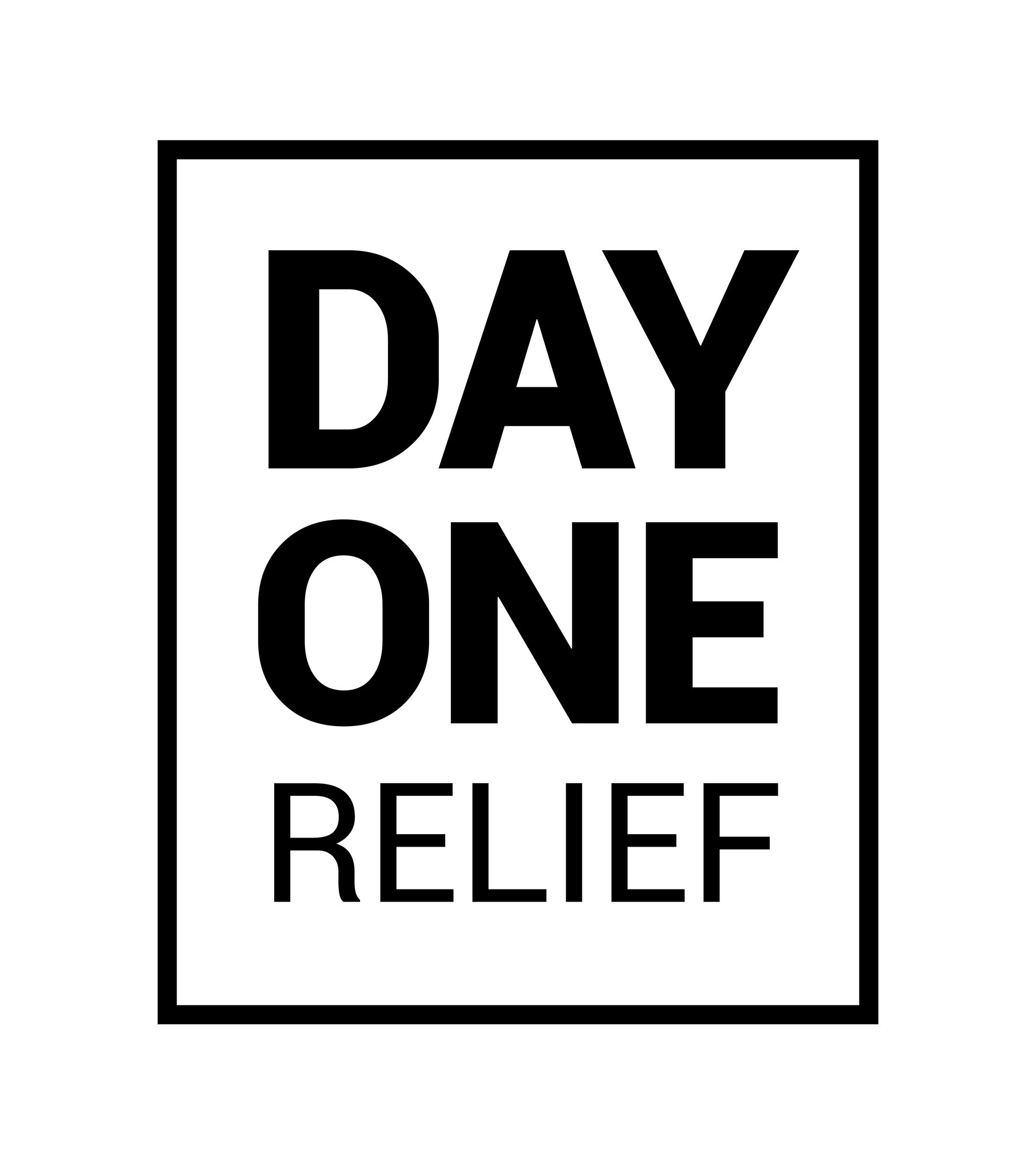Jil Christensen, a pianist who composes experimental electronic music, has always been resourceful. She put herself through Bard College, at one point sleeping in a tent because it was all she could afford.
Until two years ago, though, she had never jumped into relief efforts during hurricanes, or been part of an organized nonprofit.
Nevertheless, when Hurricane Florence struck in 2018, Christensen (below), who lives in Durham, N.C., started a new organization on the spot: using pilots to deliver supplies to people in need. She started with friends who had pilot licenses, and they in turn pulled in friends who were also eager to help.
Her organization, Day One Disaster Relief, goes wherever the gaps are, and recently that has been the supply chain for the COVID-19 response. Her group has secured and delivered gowns, booties and masks to federal prisons, emergency departments in hospitals, farmworker camps—wherever the need was greatest.
Christensen’s toughest challenge, however, might be coming up. COVID-19 is surging in the South. And this year’s hurricane season, which started in June and continues through November, is predicted to be harsher than usual. How do you not only keep people safe after their homes have been destroyed, but also keep them socially distant? And how do you keep your volunteers safe when they enter coronavirus hotspots?
IBM has made Christensen’s tough job immeasurably easier.
IBM has provided her and other nonprofits free access to a technology platform called Operations Risk Insights (ORI). The platform frees her from the necessity to scan hundreds of local weather reports and to keep track of hospitals and warehouses.
With ORI, everything is in one place, constantly updating, so that decisions can be made faster and smarter. Other disaster relief groups using ORI include Good360, LIFT Non Profit Logistics, Save the Children, Information Technology Disaster Resource Center (ITDRC) and American Logistics Aid Network (ALAN). Organizations can customize ORI to better understand their respective geographical regions by tracking weather patterns, COVID-19 cases and locations of the poorest, most vulnerable people, as well as sites of hospitals, airports, private airstrips and warehouses.
In the next few months, especially if COVID-19 continues its relentless spread, ORI could prove vital in saving lives as hurricanes begin to pound the coasts. “Instead of having to call and get all these status updates, I have this incredible platform that alerts me so I don’t have to do as much digging and I can maybe get a little sleep before I start responding,” said Christensen, who focuses on delivering supplies and food.
Via Trish Hall at IBM Newsroom
